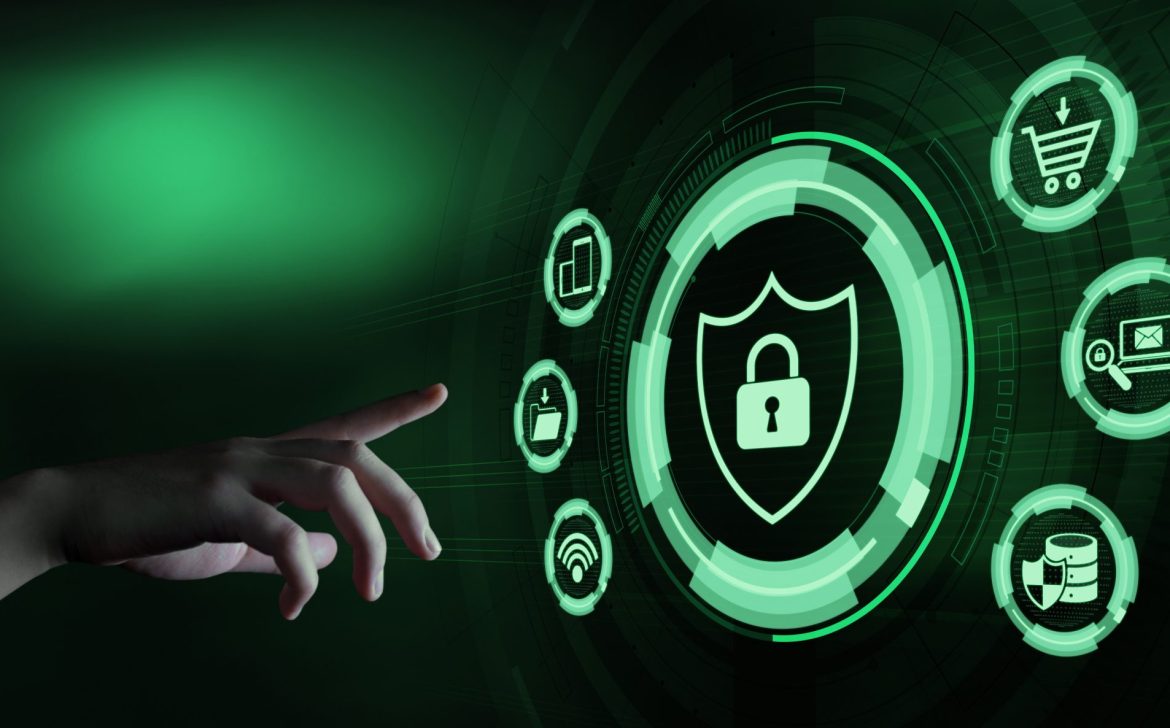ITH Publishes a Study on the Feasibility of a Security Operations Center for Hotels
The Hotel Technology Institute (ITH) has released a study exploring the possibility of creating a Security Operations Center (SOC) for the hospitality sector. This center would be responsible for monitoring and protecting hotel technological infrastructures against cyber threats in real-time. A SOC, in simple terms, is a specialised unit that detects and responds to security incidents, safeguarding the organisation’s sensitive data.
Implementing a SOC would help improve the digital security of hotels, providing protection against potential cyberattacks that could compromise customer and employee data, as well as business operations. This study aims to help hotels assess the feasibility and benefits of having a SOC, particularly in a sector so reliant on technology like tourism.
For more details and to access the full report, you can visit:

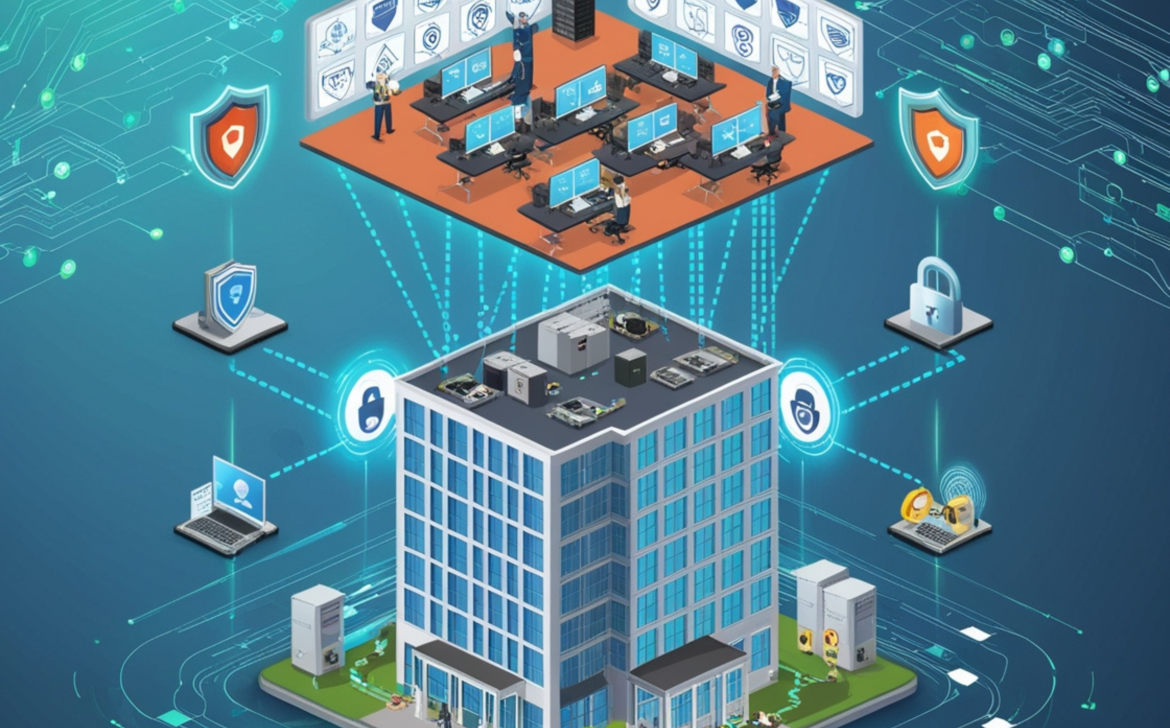
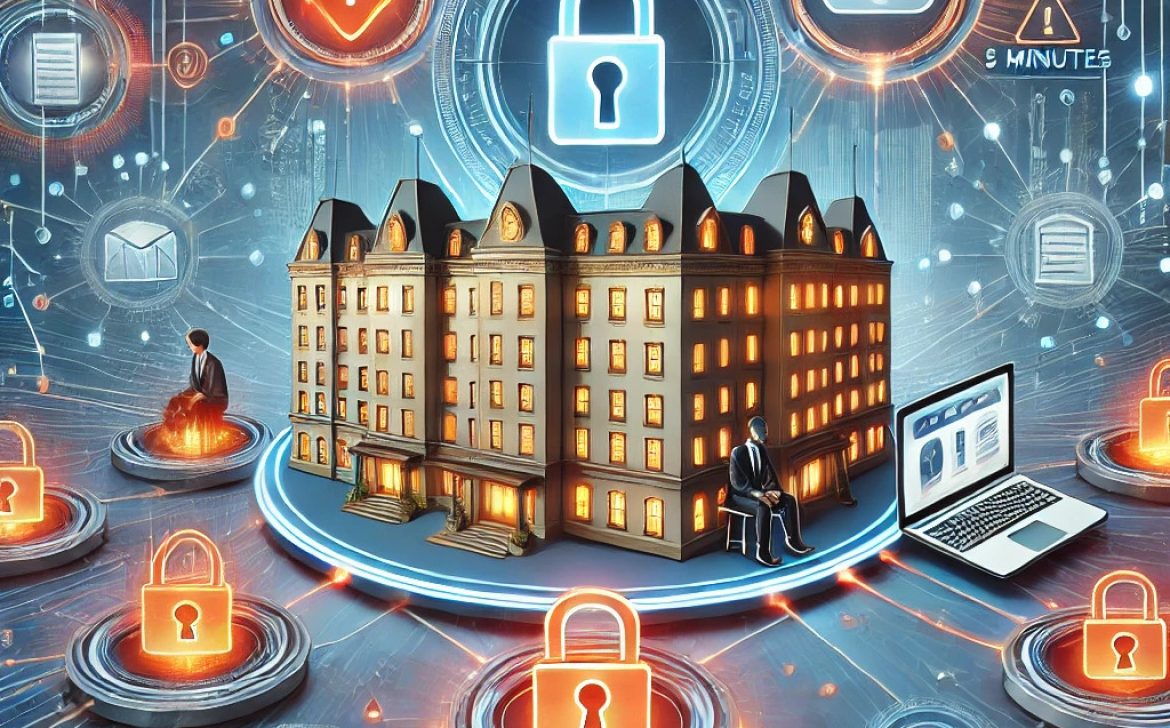


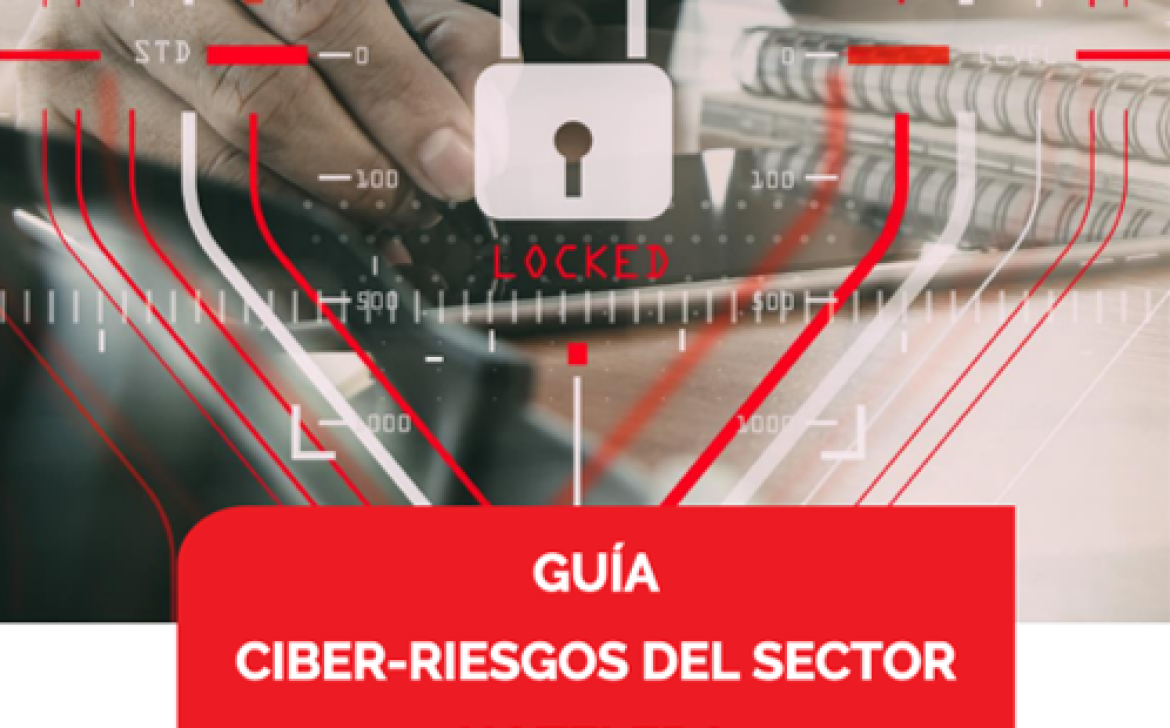


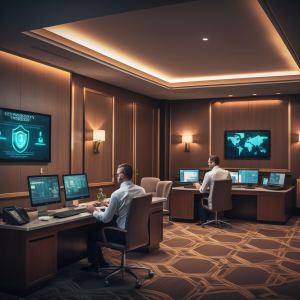 Sources of Information. Identifying and selecting relevant sources for the tourism sector is crucial. Platforms like Cyber Threat Alliance provide information on specific threats to connected devices in hotels and other tourist establishments.
Sources of Information. Identifying and selecting relevant sources for the tourism sector is crucial. Platforms like Cyber Threat Alliance provide information on specific threats to connected devices in hotels and other tourist establishments.